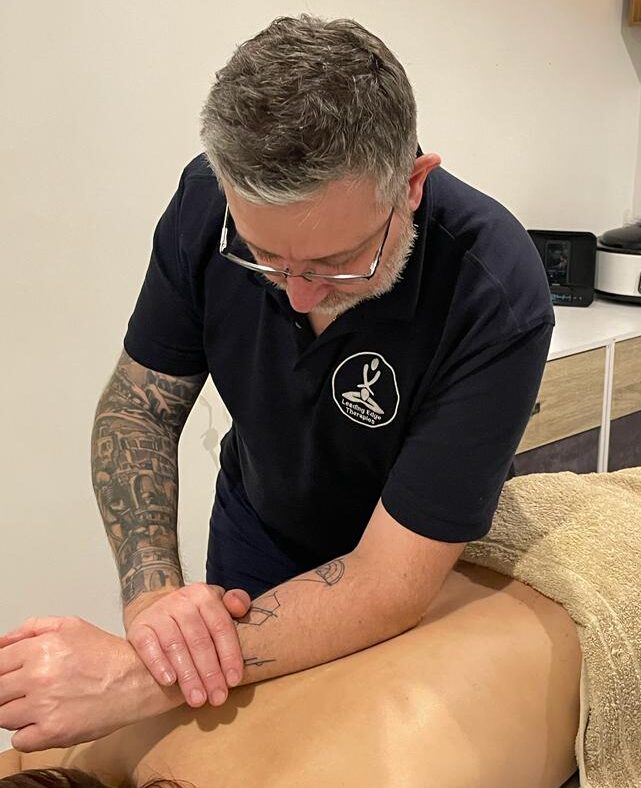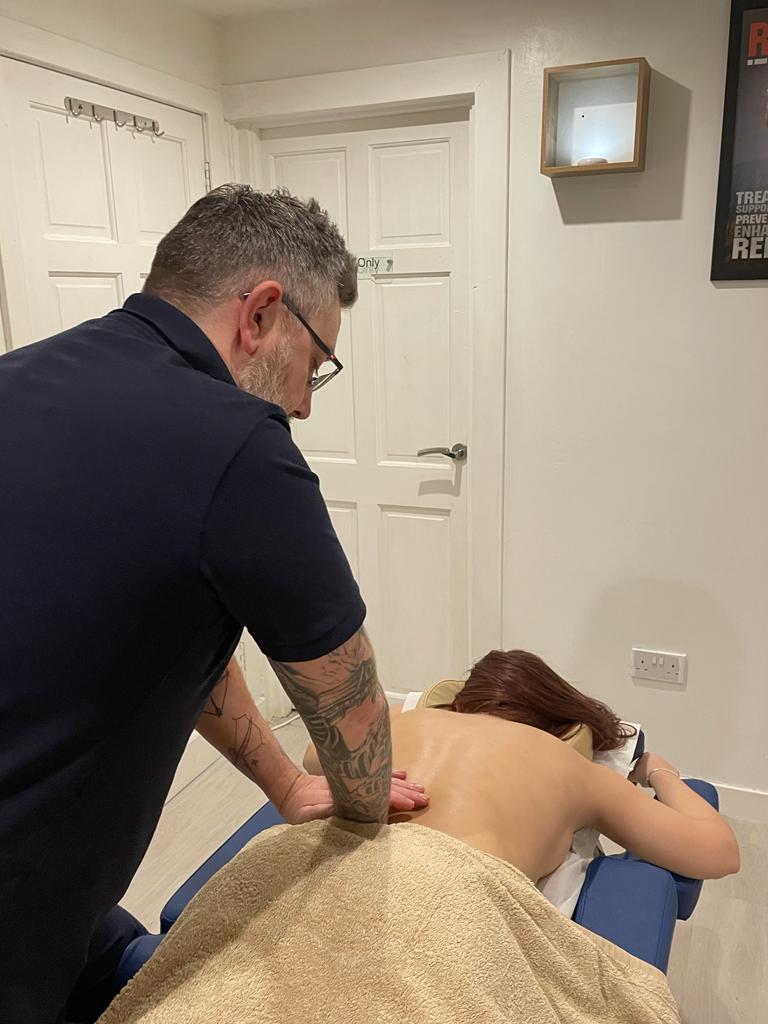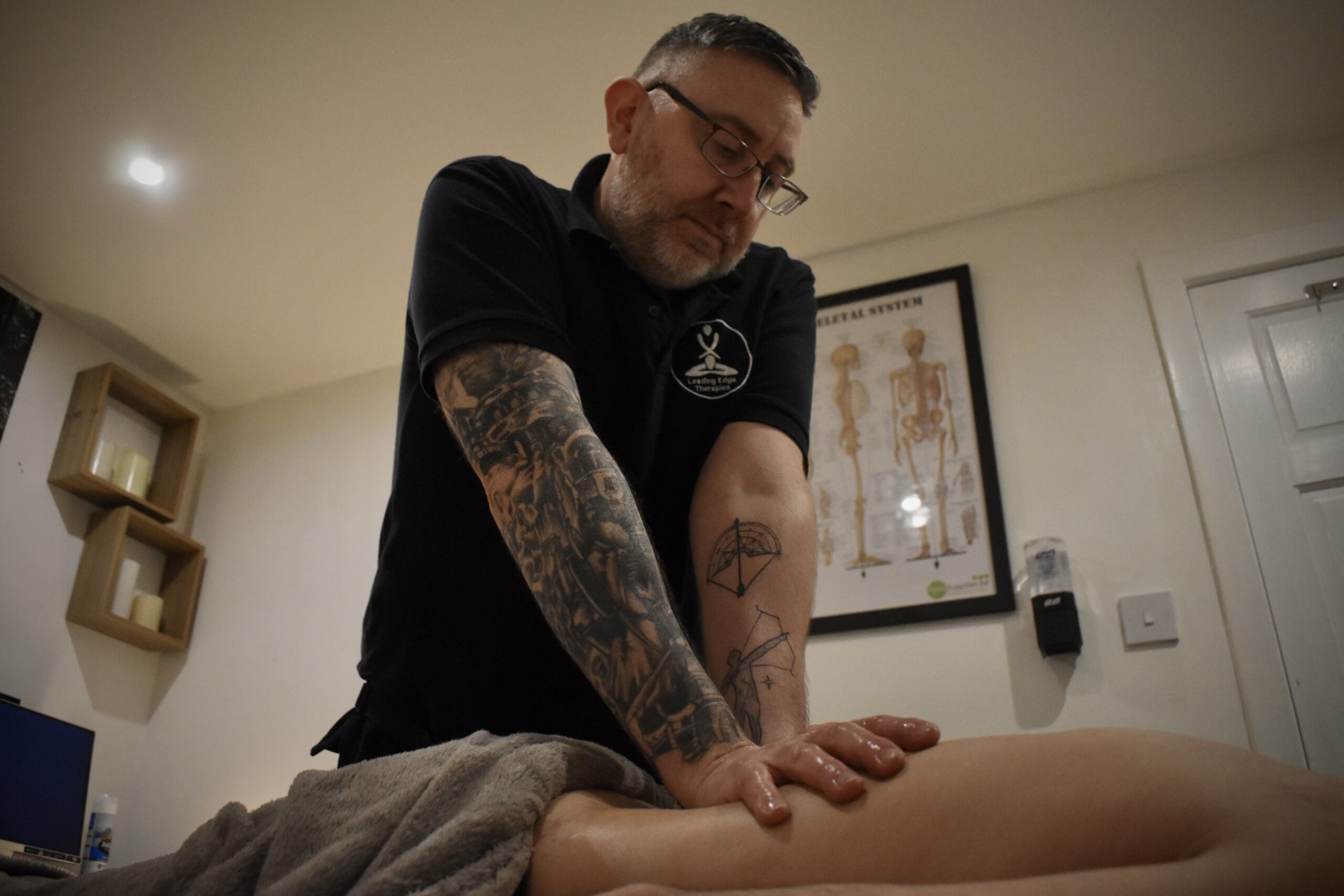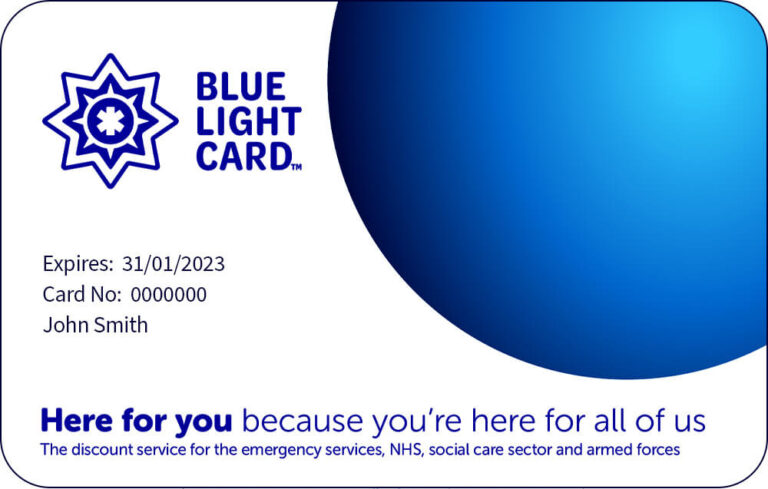Clinical Massage & Sports Massage
In the quest for wellness, individuals often find themselves navigating a plethora of treatment options, from conventional medicine to alternative therapies. Among these, massage therapy has emerged as a standout option, not only for its immediate soothing effects but also for its long-term health benefits. This blog post delves into the advantages of massage therapy compared to other treatments, supported by research and expert opinions.
Massage therapy, an age-old practice, focuses on the manipulation of muscles and soft tissues to improve health and well-being. Unlike conventional treatments that often target specific symptoms, massage therapy adopts a holistic approach, addressing the body, mind, and spirit.

Key Benefits of Massage Therapy
1. Pain Relief
Chronic pain affects millions of people worldwide, often leading them to rely on pain medications. While these medications can be effective, they often come with side effects and the risk of dependency. Research has shown that massage therapy can be a powerful alternative for pain management.
- A 2011 study published in the Annals of Internal Medicine found that massage therapy was more effective than standard medical care in treating chronic back pain. Participants reported significant reductions in pain and improvements in function compared to those receiving conventional care.
- Another study in the Journal of Pain and Symptom Management highlighted that massage therapy significantly reduced pain and improved mood in patients with advanced cancer, showcasing its potential in palliative care.
2. Stress Reduction and Mental Health Benefits
Stress is a pervasive issue in modern society, contributing to various physical and mental health problems. Massage therapy has been shown to be a powerful tool in combating stress and enhancing mental health.
- Research published in the International Journal of Neuroscience revealed that massage therapy can decrease cortisol levels (the stress hormone) by up to 31% while increasing levels of serotonin and dopamine, neurotransmitters associated with happiness and well-being.
- A meta-analysis in the Psychological Bulletin found that massage therapy can reduce symptoms of anxiety and depression, suggesting its efficacy as a complementary treatment for mental health disorders.
3. Improved Circulation and Immune Function
Good circulation is vital for overall health, ensuring that nutrients and oxygen reach tissues and organs while removing waste products. Massage therapy has been shown to enhance circulation and boost the immune system.
- A study in the Journal of Alternative and Complementary Medicine demonstrated that massage therapy can increase the number of lymphocytes, a type of white blood cell that plays a crucial role in defending the body from disease.
- Further research indicates that massage can improve blood flow and help manage conditions such as hypertension, contributing to cardiovascular health.
Comparing Massage Therapy to Other Treatments
Pharmaceutical Interventions
Pharmaceuticals are often the first line of defense against various ailments, but they come with potential side effects, including dependency and tolerance issues. Massage therapy offers a non-invasive, drug-free alternative that addresses the root cause of pain and discomfort without these risks.
Physical Therapy
While physical therapy is highly effective for rehabilitation and recovery, it often focuses on specific areas and requires active patient participation. Massage therapy, on the other hand, provides passive treatment that can be especially beneficial for individuals who may not be able to engage in physical therapy due to severe pain or limited mobility.
Chiropractic Care
Chiropractic care and massage therapy share similarities, particularly in addressing musculoskeletal issues. However, chiropractic adjustments can be intense and are not suitable for everyone. Massage therapy offers a gentler approach, making it a more accessible option for a wider range of patients.
With our expert clinical therapists and Physiotherapists, we take the valuable TIME to get to the root cause and empower you to get the best results!

Conclusion
Massage therapy stands out as a versatile, holistic treatment option with a myriad of benefits. From alleviating pain and reducing stress to enhancing circulation and immune function, its advantages are well-documented in scientific literature. While other treatments have their place in the healthcare spectrum, massage therapy offers a unique, non-invasive approach that promotes overall well-being.
As always, it’s important to consult with healthcare professionals to determine the best treatment plan for individual needs. However, incorporating massage therapy into your wellness routine could be a game-changer, offering profound benefits for both body and mind.
References
- Cherkin, D. C., Sherman, K. J., Kahn, J., Wellman, R., Cook, A. J., Johnson, E., … & Deyo, R. A. (2011). A comparison of the effects of 2 types of massage and usual care on chronic low back pain. Annals of Internal Medicine, 155(1), 1-9.
- Jane, S. W., Chen, S. L., Wilkie, D. J., Lin, Y. C., Foreman, S. W., Beaton, R. D., & Fan, J. Y. (2011). Effects of massage on pain, mood status, relaxation, and sleep in Taiwanese patients with metastatic bone pain: A randomized clinical trial. Journal of Pain and Symptom Management, 41(4), 690-699.
- Field, T. (2014). Massage therapy research review. Complementary Therapies in Clinical Practice, 20(4), 224-229.Rapaport, M. H., Schettler, P., & Bresee, C. (2010). A preliminary study of the effects of a single session of Swedish massage on hypothalamic-pituitary-adrenal and immune function in normal individuals. Journal of Alternative and Complementary Medicine, 16(10), 1079-1088






